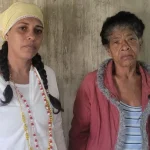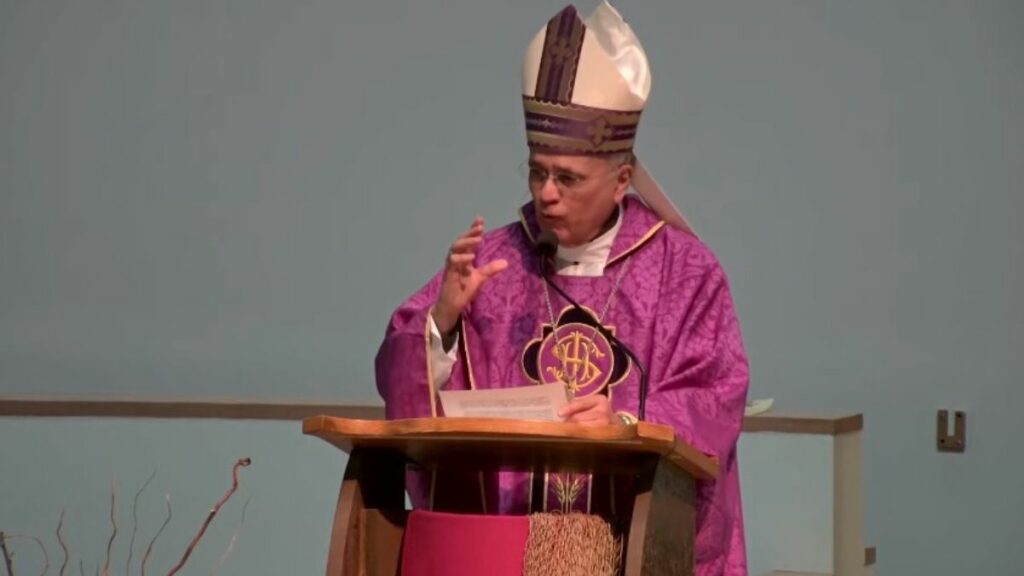During the last four years, the incidence of violent deaths of women has stabilized and the growth rate registered by the figures from 2015 to 2019 has decreased. However, it is necessary to evaluate the programs implemented by the government to contain and eradicate violence against women. women, above all because they have not decreased, they just have not grown at the rate they were bringing, expose activists whose cause is the defense of women’s rights.
María de la Luz Estrada Mendoza, director of the National Citizen Observatory on Femicide (OCNF), explained that, since violence is not only committed in the family environment, but also in criminal contexts, there would have to be evidence that could demonstrate how it is impacting the government interventions, above all because in terms of security there has not been a substantial change compared to what was done in previous governments.
“For us, militarization is something that generates much more violation of human rights and women are at greater risk. We do not see that in the governments of Felipe Calderón and Enrique Peña Nieto that worked. If now the military is going to respect human rights, we are not seeing it that way, quite the contrary, it is a demand that the military have to be off the streets”.
For her part, Alma Guadarrama Muñoz, a researcher at La Salle University, explained that with the Covid-19 pandemic, what increased was not femicides, but violence against women in its various manifestations.
When the world returned to the new normality, the number of femicides increased again, however, he stressed that it must be taken into account that on many occasions feminicide is not adequately criminalized and mentioned that this is due to the deficient training of public prosecutors and judiciary staff.
Likewise, it highlighted that femicide is classified not in a homogeneous way in the different state penal codes, which generates disparities in terms of sanctions.
In this, María de la Luz Estrada Mendoza agreed, who stressed that, in addition to the fact that
Up to now there is no uniformity in the classification of cases in which women lose their lives or in the criteria to be considered as femicide. There are places where the authority states that it is going to investigate them as femicide, but in fact they do not. .
As an example of the problems faced in this sense, he cited the case of Guanajuato, where, just last year, more than 500 murders of women occurred and only around 30 were decided to be investigated as femicide. They are accrediting it, because the authority prefers that it appear as a homicide because it bothers them that it is made visible that they are not guaranteeing the integrity of women.”
The activist indicated that it is not only important to open investigations, to correctly classify the acts constituting crimes related to the violent deaths of women, but also to know the status of each one of the cases, from the moment the folder is opened. of investigation, until the sentence is given.
In turn, Alma Guadarrama Muñoz, said that the fact that there are specialized prosecutors in dealing with crimes committed against women, does not guarantee that good investigations are carried out, which result in the punishment of those who commit such crimes.
María de la Luz Estrada Mendoza stressed that the serious thing is that the incidence has not decreased. For the past four years, an average of 10 people have died violently every day, she said.
This is because the strategies implemented by the different levels of government “are not having an impact,” he said.
Faced with this situation, he reiterated, the important thing is to evaluate each one of the programs, in order to make sure that the interventions are being carried out based on knowledge, and are giving the expected results.
The activist said that the government of President Andrés Manuel López Obrador has given priority to scholarship programs and direct monetary transfers.
She stressed that although organizations like the ones she leads are not against social programs, what worries them is that because of this, the budget for women’s shelters and other care programs was cut.
It also drew attention to the fact that few states have modified their investigation procedures to prove the crime of femicide, based on the guidelines established by the new criminal justice system, where evidence of crimes is privileged.
The way to implement Gender Violence Alerts is concerned
Regarding the implementation of Alerts for Gender Violence, he commented that sometimes the rescue of public spaces that are considered to be at risk is determined, without actually being so.
In addition, there is not good coordination between authorities at the federal, state, and municipal levels.
Likewise, there is a huge lag at the state level in terms of prevention. They continue to want to make policies to prevent violence as in past decades, when new contexts of violence are taking place with phenomena such as the disappearance of girls and women, whose attention implies comprehensive interventions.
He also stressed that the Alerts are additional mechanisms that do not replace the ordinary work that must be done in terms of prevention, care and punishment of violence against women.
On the other hand, Alma Guadarrama Muñoz considered that the explanation for the high levels of femicide violence can be found from the family sphere to the community.
We live in a macho culture and although progress has been made in legal matters, the contexts of insecurity for women continue in all its forms. Machismos and micromachismos have intensified in our country.
For her part, Laura Victoria Alvarado Aizpuru, Internal Displacement officer of the CMDPDH, stated that although there are no official figures on internal forced displacement due to violence, it is evident that it has grown and affects a good number of women.
According to the document “Episodes of massive forced internal displacement in Mexico” Report 2021, of the CMDPDH, for at least a decade, Mexico has suffered a serious humanitarian crisis caused by forced displacement.
The document states that according to figures from the Internal Displacement Monitoring Center, in the country there are around 379,000 internally displaced persons due to conflicts and violence.
It also mentions that a 2020 report from the CMDPDH indicated that at least 58.33% of the events of forced internal displacement recorded that women were present.
Alvarado Aizpuru stressed that the responsibility and burden in physical, emotional, and economic terms represented by the different tasks of family care that have traditionally fallen to women not only continue during displacement, but also increase and become heavier and more demanding when families disintegrate, separate or one of their members dies.
She highlighted that displaced women who become heads of family are exposed to multiple vulnerabilities as they face a lack of food and access to elementary public services such as health and education.
In addition, being outside their communities fleeing increases exponentially the probability of being a victim of some type of femicide violence.

















